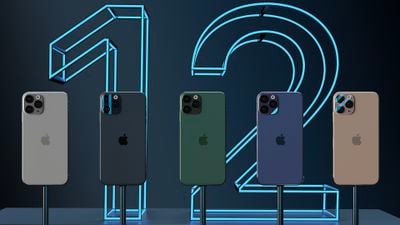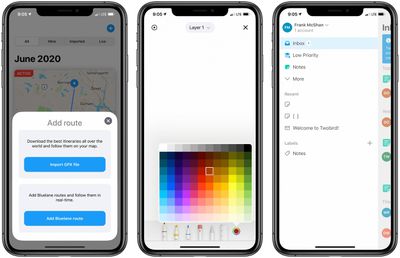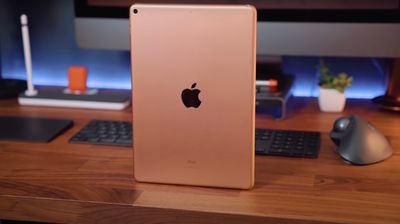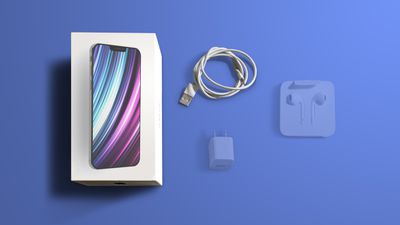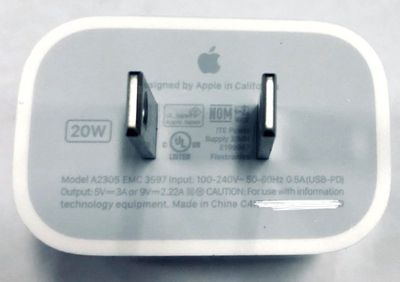The New York Times today announced that it is pulling out of Apple News, as the service does not "align with its strategy of building direct relationships with paying readers."
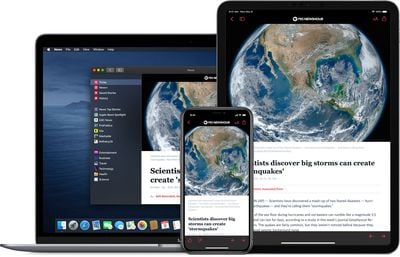
Starting today, articles from The New York Times will no longer show up in the Apple News app. The news site says that Apple has given it "little in the way of direct relationships with readers" and "little control over the business." Rather than allowing its articles on Apple News, The New York Times wants to drive readers to its own website and app.
"Core to a healthy model between The Times and the platforms is a direct path for sending those readers back into our environments, where we control the presentation of our report, the relationships with our readers, and the nature of our business rules," Meredith Kopit Levien, chief operating officer, wrote in a memo to employees. "Our relationship with Apple News does not fit within these parameters."
In a statement, an Apple spokesperson said that The New York Times only provided a few Apple News stories a day and that Apple News will still provide readers with trusted information from thousands of other publishers. "We are also committed to supporting quality journalism through the proven business models of advertising, subscriptions, and commerce," said the spokesperson.
The New York Times, along with The Washington Post, was a publication that Apple courted to participate in Apple News+, Apple's paid news service. The New York Times, The Washington Post, and many other major news sites declined to participate, though Apple did ink deals with The Wall Street Journal, The Los Angeles Times, and Condé Nast.
Apple News+ was not enticing as The New York Times has its own successful online subscription option already. The New York Times says that advertising in the standard Apple News app has also "generated little revenue for news organizations," plus Apple takes a 30 percent cut of subscriptions sold in the app.
The New York Times has more than six million subscribers and has seen increasing revenue from digital subscriptions on its site. The New York Times does not expect exiting Apple News to have a "material impact" on its business, and the company will continue to work with Apple on apps and podcasts.


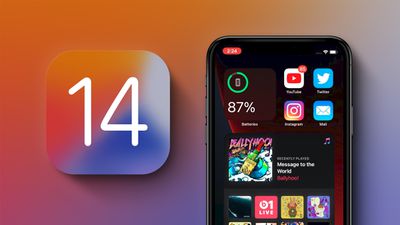
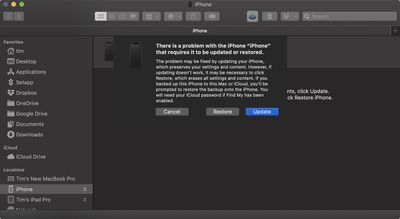
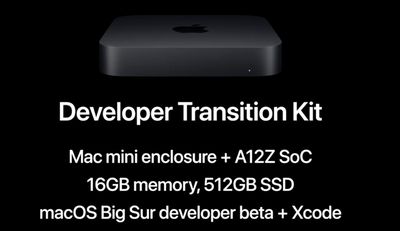

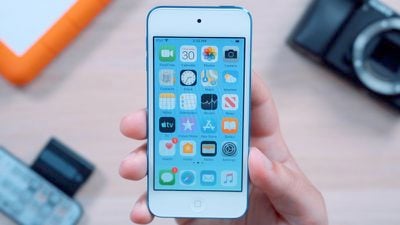 Note: MacRumors is an affiliate partner with Amazon. When you click a link and make a purchase, we may receive a small payment, which helps us keep the site running.
Note: MacRumors is an affiliate partner with Amazon. When you click a link and make a purchase, we may receive a small payment, which helps us keep the site running.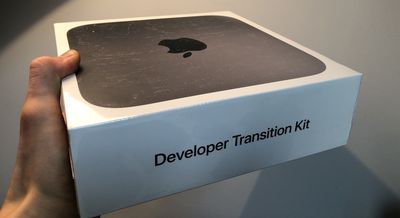
 Note: MacRumors is an affiliate partner with these vendors. When you click a link and make a purchase, we may receive a small payment, which helps us keep the site running.
Note: MacRumors is an affiliate partner with these vendors. When you click a link and make a purchase, we may receive a small payment, which helps us keep the site running.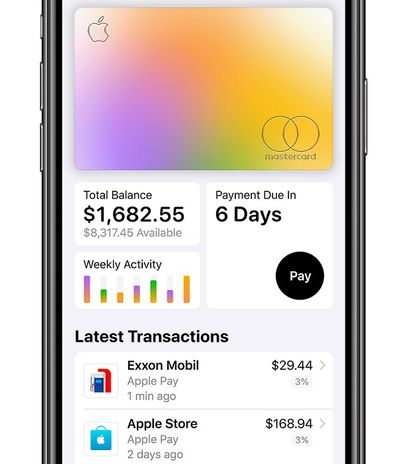
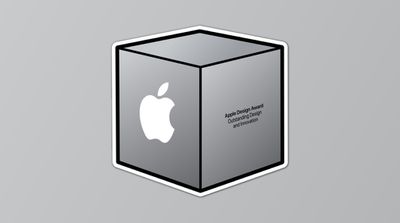
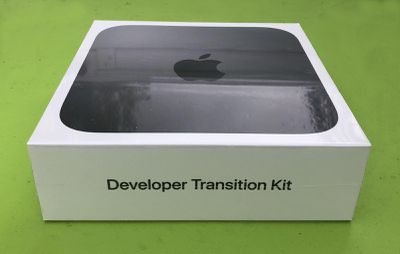
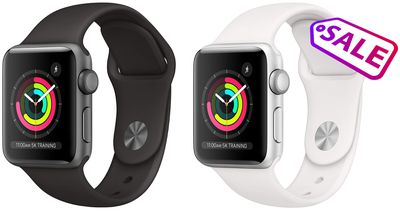 Note: MacRumors is an affiliate partner with Amazon. When you click a link and make a purchase, we may receive a small payment, which helps us keep the site running.
Note: MacRumors is an affiliate partner with Amazon. When you click a link and make a purchase, we may receive a small payment, which helps us keep the site running.